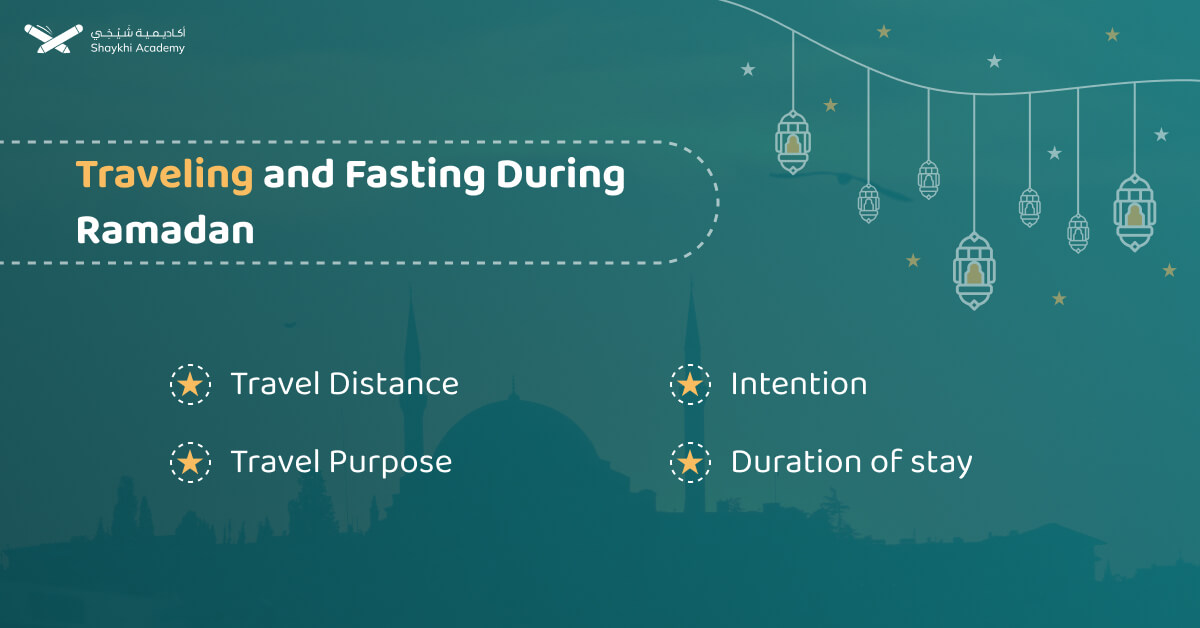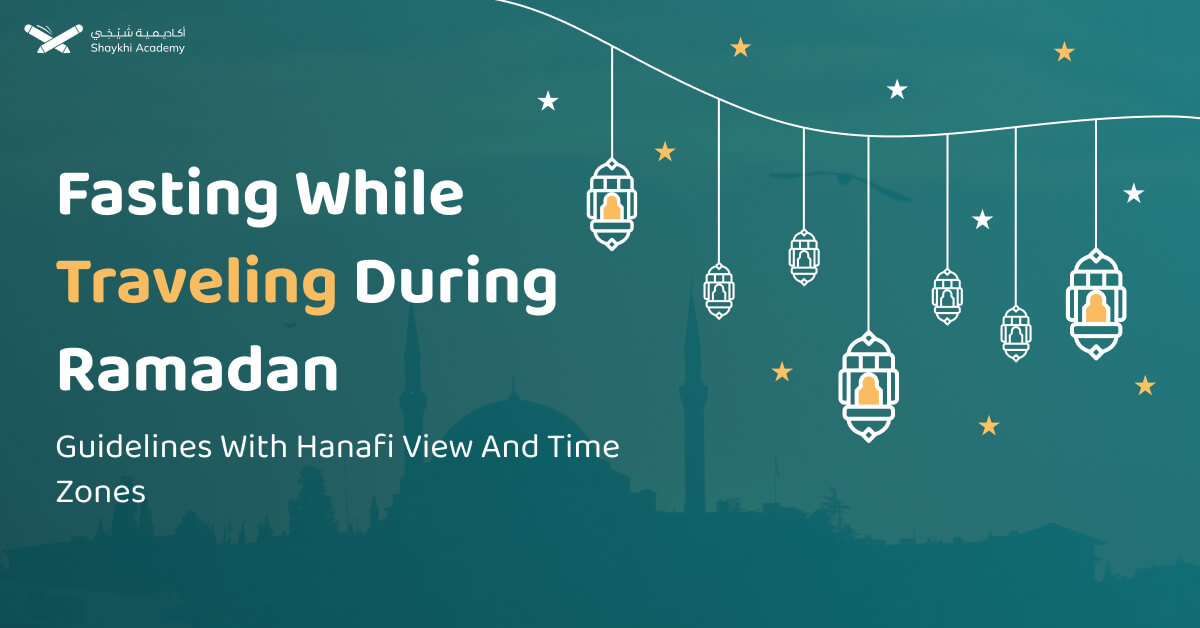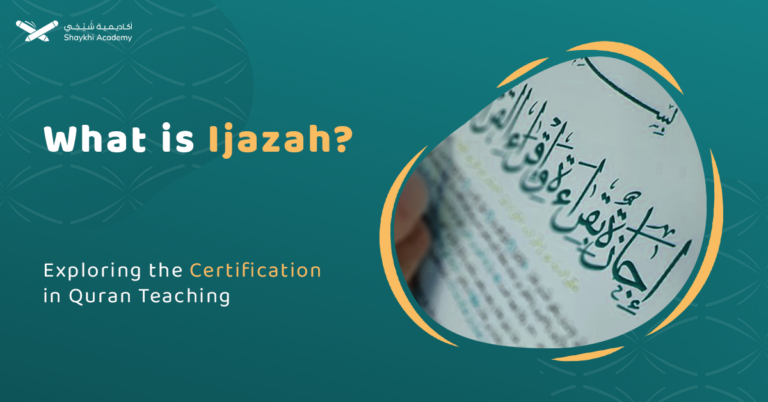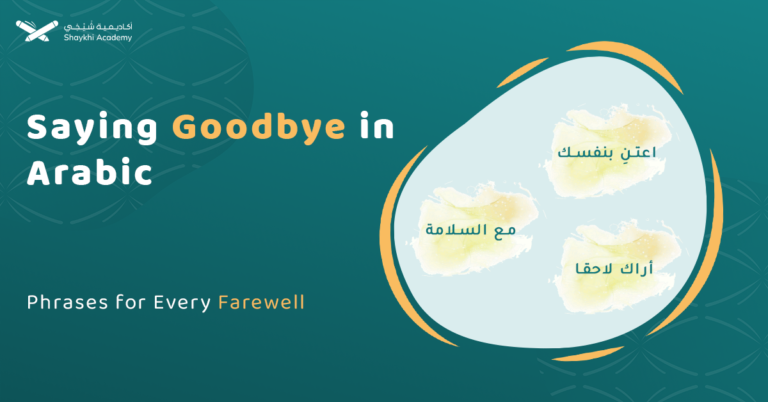Fasting while traveling during Ramadan involves nuanced considerations rooted in Islamic jurisprudence and principles of mercy and flexibility. Ramadan, the holy month of fasting in Islam, presents unique challenges for travelers. Balancing the spiritual obligation of fasting with the demands of travel requires understanding the rules, guidelines, exemptions, voluntary fasts, Hanafi views, and time zones. This article aims to shed light on the intricacies of fasting while traveling during Ramadan, providing guidance and clarification for Muslim travelers.
Fasting while traveling during Ramadan involves understanding various rules, exemptions, and considerations rooted in Islamic jurisprudence. The validity of fasting while traveling depends on factors such as travel distance, purpose, intention, and duration of stay. Valid exemptions for not fasting include illness, pregnancy, breastfeeding, elderly or weak condition, and menstruation.
While it’s not prohibited (haram) to fast while traveling, flexibility is encouraged, and breaking the fast is permitted if it poses an undue hardship. The Hanafi school provides specific guidelines regarding fasting while traveling, emphasizing respecting the sanctity of fasting and acknowledging extreme hardship as grounds for breaking the fast.
When traveling across time zones, the fasting person should adhere to the sunset timing of their current location. Ultimately, the traveler has the option to continue fasting until sunset or avail themselves of the concession to break the fast. Shaykhi Academy offers comprehensive Quranic education for both children and adults, providing flexible and affordable courses tailored to individual needs.
Defining Fasting While Traveling Ramadan
Fasting while traveling during Ramadan refers to the observance of Sawm while undertaking a journey that involves significant distances or changes in routine. It encompasses adhering to fasting rituals despite the challenges posed by travel, such as altered meal times, fatigue, and exposure to different environments.
Traveling and Fasting During Ramadan
Muslim travelers often encounter dilemmas regarding fasting obligations and practical considerations while journeying during Ramadan. The interplay between travel and fasting raises questions about continuity, flexibility, and adherence to religious duties.
While the core principle remains the same, traveling introduces additional considerations:
- Travel Distance: Islamic scholars generally agree that a minimum travel distance, typically exceeding 85 kilometers (53 miles), qualifies someone as a “traveler” and allows exemptions from fasting.
- Travel Purpose: The journey should be permissible, such as seeking knowledge, work, or visiting family. Travel for sinful purposes doesn’t grant exemptions.
- Intention: Traveler must intend to break the fast upon embarking on the journey before dawn. If he begins his journey after dawn, he cannot break his fast on that day. However, he is permitted to break his fast on subsequent days if the fourth condition applies.
- Duration of stay: A traveler must not stay at their destination for four days or more, excluding the days of arrival and departure. If the intention is to stay longer than four days, it is not permissible to refrain from fasting except during transit. Upon returning to their home country, the traveler is considered a resident and must fast.
What Are the Valid Exemptions for Not Fasting During Ramadan?
There are several valid exemptions for not fasting during Ramadan, including illness, travel, pregnancy and breastfeeding, elderly and weak, menstruation and pospartum bleeding. These exemptions are based on the understanding that the purpose of fasting is not to cause hardship, but to promote spiritual growth and self-discipline.
This permission is based on the Quranic verse:
“The month of Ramadhan [is that] in which was revealed the Qur’an, a guidance for the people and clear proofs of guidance and criterion. So whoever sights [the new moon of] the month, let him fast it; and whoever is ill or on a journey – then an equal number of other days. Allah intends for you ease and does not intend for you hardship and [wants] for you to complete the period and to glorify Allah for that [to] which He has guided you; and perhaps you will be grateful.”
(Al-Baqarah 2:185).
Here are some of the most common exemptions:
- Illness: If you are sick and fasting would worsen your condition, you are exempt from fasting. This includes both physical and mental illnesses. It is important to consult with a doctor to determine if you are well enough to fast.
- Travel: If you are traveling a long distance, you are exempt from fasting. The exact distance that qualifies as “long distance” varies depending on the school of Islamic thought, but it is generally considered to be around 50 miles or more.
- Pregnancy and breastfeeding: Pregnant and breastfeeding women are exempt from fasting because they have additional nutritional needs. They can make up the missed fasts later, or they can feed a poor person for each day they miss.
- Elderly and weak: People who are elderly or weak and unable to endure the fast are exempt. They can make up the missed fasts later, or they can feed a poor person for each day they miss.
- Menstruation and postpartum bleeding: Women who are menstruating or experiencing postpartum bleeding are exempt from fasting. They must make up the missed fasts later.
Is it Haram to Fast While Traveling?
No, it is not haram (not prohibited) to fast while traveling. fasting while traveling is permissible and valid according to the four Imams and the majority of the Sahabah and Tabi’in. If a traveler chooses to fast, their fast is accepted, and there is no obligation to make it up later.
As for which option is better—fasting or not fasting while traveling—it depends on the individual circumstances:
- If fasting and not fasting pose the same level of difficulty, then fasting is preferable. This is supported by the practice of the Prophet Muhammad (peace and blessings be upon him) and his companions, who fasted while traveling.
- If not fasting is easier for the traveler, then they shouldn’t fast. In such cases, fasting may be disliked (makruh) because it entails unnecessary hardship, and rejecting a concession granted by Allah is not encouraged.
- If fasting while traveling causes unbearable difficulty, then it is prohibited (haram) for the traveler. This is indicated by the Prophet’s disapproval of those who continued fasting despite hardship during a journey, as narrated in Sahih Muslim.
Is it Permissible to Fast Voluntarily Fasts While Traveling?
Yes, it is permissible to fast voluntarily while traveling, even if you have a valid reason to break the fast. In fact, some travelers choose to do so for various reasons. Let’s explore the aspects of voluntary fasting while traveling
Always prioritize your health and well-being. If travel conditions make fasting excessively difficult or pose a risk to your health, breaking the fast is the right decision. Consult a doctor if you have any concerns. Be mindful of fatigue and dehydration, especially in unfamiliar environments or harsh climates. Adjust your sleep schedule in Ramadan, plan rest breaks, and prioritize water intake during permitted times.
The decision to voluntarily fast while traveling is ultimately a personal one. Reflect on your intentions, physical well-being, and travel conditions before making a choice.

Hanafi View on Travelers and Ramadan Fasts
The Hanafi school of thought, one of the four major Sunni schools of Islamic law, provides specific guidelines and considerations regarding fasting while on a journey during the holy month of Ramadan.
The Hanafi school places significant weight on the timing of a traveler’s journey. To be eligible for breaking the fast, the journey must commence before dawn. This signifies the traveler’s intent to break the fast from the outset, aligning with the principle of fasting obligation starting at dawn. Traveling after dawn doesn’t qualify as the individual had already begun the day with the intention to fast.
Arriving During Fasting Hours
If a traveler arrives mid-day while not fasting, differing opinions arise. Some scholars argue that the traveler wasn’t obligated to fast initially due to their journey, so they shouldn’t be compelled to abstain for the rest of the day.
However, the Hanafi school adopts a stricter approach. They emphasize the importance of respecting the sanctity of the ongoing fast and aligning with the local fasting community. Even though the traveler wasn’t initially obligated, arriving during the fasting hours necessitates outward and inward abstinence as much as possible. This reflects the spirit of respecting the overall fasting environment.
Breaking the Fast When Hardship Exceeds Limits
While fasting is mandatory, the Hanafi school acknowledges situations where breaking the fast becomes permissible. Extreme fatigue or thirst reaching the point of fearing death, loss of senses, or mental impairment justifies breaking the fast.
This applies to both travelers and residents, including pregnant and breastfeeding women experiencing similar extreme hardship. However, breaking the fast necessitates making up the missed days later. This balance ensures both compassion for those facing hardship and adherence to the core obligation of fasting.
What is the Ruling on Fasting While Traveling Time Zones?
Follow the sunset timing of your destination, this is the core principle.The fasting person should not break their fast until the sun sets in the place where they are currently located, regardless of the time zone difference with their place of departure. This rule applies particularly when traveling westwards, where the sun may set later than in the traveler’s original location. Even if the sun has already set in the traveler’s place of origin, they must wait until sunset in their current location to break their fast.
For example, if someone travels westwards and reaches their destination where the sun has not yet set, they must continue fasting until sunset in that location, even if it means fasting for a longer duration than usual.
This ruling is based on the Qur’anic verse:
“And eat and drink until the white thread of dawn becomes distinct to you from the black thread [of night]. Then complete the fast until the sunset.”
[al-Baqarah 2:187].
Options for the Traveler
The traveler has the option to either:
- Continue fasting until sunset in their current location or;
- Avail themselves of the concession for travelers to break their fast.
If the traveler finds it excessively difficult or burdensome to fast until sunset, especially if the day becomes significantly longer due to the time zone difference, they may choose to break their fast and make up for the missed day later after Ramadan has ended.
Unlock the Path to Quranic Mastery with Shaykhi Academy!
Are you seeking the finest Quranic education right from the comfort of your home? Look no further! Shaykhi Academy stands out as a premier online Quran learning platform, dedicated to providing exemplary education to both children and adults.
Why Choose Shaykhi Academy?
- Connect with highly qualified native tutors.
- Flexible scheduling to suit your busy lifestyle.
- Affordable classes tailored for all levels.
- Accessible from anywhere around the globe.
Discover Our Range of Courses:
- Arabic Noorani Qaida: Lay a solid foundation for Quranic studies.
- Online Quran Classes for Kids: Engaging lessons for lifelong learning.
- Tajweed Rules for Kids: Learn to recite with confidence.
- Quran Hifz for Kids: Step-by-step guidance to memorize the Quran.
- Quran for Adults: Introduce yourself to Quran reading and Tajweed rules.
- Online Arabic Courses: Master the language of the Quran.
- Islamic Studies: A wide range of topics related to Islam, including theology, law, Quranic studies, Hadith.
Don’t Miss Out on Your Chance to Excel!
Whether you’re a beginner or seeking advanced knowledge, Shaykhi Academy can guide you! Book your free trial now and make Ramadan 2024 your Quranic turning point!

Conclusion:
Fasting while traveling during Ramadan requires careful consideration of Islamic principles and practical circumstances. While fasting is encouraged as an act of devotion, Islam allows for flexibility and compassion, particularly in situations where fasting poses undue hardship.
Understanding the rules, exemptions, and guidelines provided by Islamic scholars, including the nuanced perspectives of different schools of thought, empowers Muslim travelers to make informed decisions.
Whether choosing to continue fasting or availing oneself of concessions, the primary goal remains spiritual growth and adherence to the core principles of Islam. Shaykhi Academy stands ready to support individuals on their Quranic journey, offering accessible and tailored education to enrich their Ramadan experience and beyond.

















































